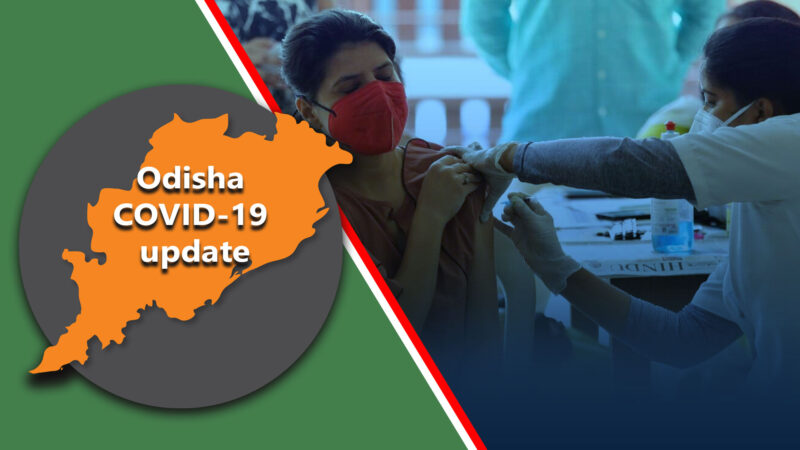Fourth Wave Scare: Can This New Variant Of Covid-19 Lead To A Massive Wave

New Delhi, Apr 12: Over two years into the COVID-19 pandemic, most of the world has seen a dramatic improvement in infections, hospitalizations and death rates in recent weeks, signaling the crisis appears to be winding down. However, experts warn it is not over yet. Even as the world is looking forward for an end to the coronavirus pandemic, new variants or strains of COVID-19 keeps appearing. The latest variant that has thrown a bit of concern is COVID-19 XE variant, Omicron’s sub-variant that is considered more transmissible than other variants of coronavirus. The XE variant is a combination or recombinant of both sub-variants — BA.1 and BA.2 — of Omicron. Till now, India has reported two cases of COVID XE variant, the new variant of Omicron that was first detected in UK.
The latest case of COVID XE variant in India was detected in Gujarat when a 67-year-old man from Mumbai tested positive for the new variant during his visit to Vadodara. The patient had tested positive for COVID-19 on March 12 during his visit to Vadodara, but had returned to Mumbai the next day without informing the local authorities, the officials said.
India first detected COVID XE variant case in Mumbai last week. The infection was found in a 50-year-old woman from South Africa who was fully vaccinated with both doses of the Comirnaty vaccine. However,
Maharashtra Health Minister Rajesh Tope said that Omicron sub-variant XE is not lethal and the only case detected in the state of an elderly man is asymptomatic.
Tope said a 67-year-old man and his wife who had been in Mumbai tested positive for coronavirus in Gujarat last month. “The man had arrived from London on March 6 and came in contact with two Britishers. On March 11, he experienced a mild fever. On March 12, he was tested during his stay in Vadodara and the sample was sent for genome sequencing to the Gujarat Biotechnology Research Centre,” Tope said.
The health minister further said that the elderly man developed a fever on March 13 and returned to Mumbai the following day.
The World Health Organisation (WHO) has issued a warning against XE and suggested that it could be more transmissible than any COVID-19 strain so far. “We’re seeing 1.5 million new cases each day. Large outbreaks are spreading in Asia. A new wave is sweeping across Europe,” UN Secretary-General Antonio Guterres said on Saturday.
“Early-day estimates indicate a community growth rate advantage of 10 per cent as compared to BA.2. However, this finding requires further confirmation,” WHO said.
“WHO continues to closely monitor and assess the public health risk associated with recombinant variants, alongside other SARS-CoV-2 variants, and will provide updates as further evidence becomes available,” WHO said.
Earlier, a modelling study by researchers at the Indian Institute of Technology-Kanpur suggested that the fourth wave of the COVID-19 pandemic in India may start around June 22 and peak from mid-to-late August.
The yet-to-be peer-reviewed study, posted on the preprint repository MedRxiv in February, used a statistical model to make the prediction, finding that the possible new wave will last for four months.
The study led by Sabara Parshad Rajeshbhai, Subhra Sankar Dhar, and Shalabh of IIT Kanpur’s Department of Mathematics and Statistics shows that the severity of the fourth wave will depend on the emergence of a possible new coronavirus variant, and vaccination status across the country.
“The data indicates that the fourth wave of COVID-19 in India will arrive after 936 days from the initial data availability date, which is January 30, 2020,” the authors of the study said.
“Therefore, the fourth wave starts from June 22, 2022, reaching its peak on August 23, 2022, and ends on October 24, 2022,” they wrote in the research paper.






